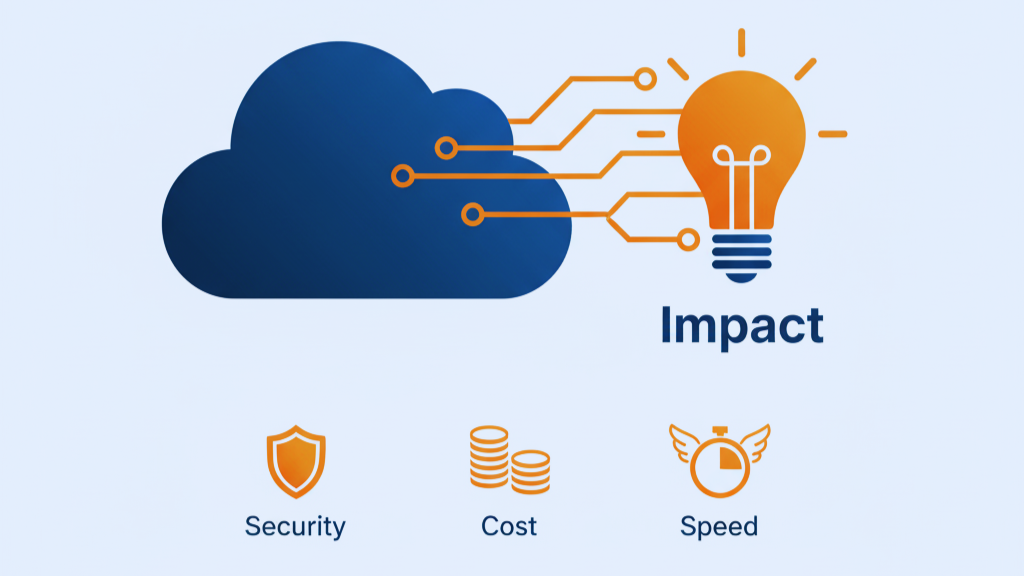At some point in a company’s lifecycle, data migration is bound to happen. Mergers, acquisitions, technological innovation, transitioning to cloud, business process optimization, regulatory mandates, or sheer data volume growth are just a few of the reasons data migrations occur. One thing you can be sure of is that when the time comes, your company is faced with a critical IT project that needs to be executed with precision, expertise, and breadth of knowledge. You are faced with the question whether you are sure you know how to handle it right.
No matter what the cause for data migration, you need to have a migration strategy in place and the ability to answer these questions:
- Do you know what data will be migrated, the data that won’t, and how are you going to handle each?
- How are you going to ensure that once the data is moved, it will still be accessible, and its integrity will be uncompromised?
- Who will design the migration plan and carry out the actual migration?
- How will the stages of the migration plan be communicated internally, among employees, and externally, among your customers?
- Who is responsible for the security, integrity and compliance of the data undergoing migration?
- What technology will automate the migration?
- Who is your Migration Guru at mission control?
In a recent post on how to ensure on-time and on-budget delivery of critical IT projects, our VP of Services makes the case for engaging an external IT Program Manager. He argues that such a dedicated resource possesses the soft skills and technical expertise that companies often lack in-house for a successful execution, as well as the big-picture foresight that can eliminate a lot of potential headaches.
Working with a client on a recent migration project, I was reminded of this advice as it occurred to me that the same reasoning applies to data migrations. Most of the skills needed in a data migration whether it is a merger, an acquisition, or just data relocation, are transient and are usually missing from the IT team’s core competencies. At the same time, a successful data migration presupposes a lot of short and long-term planning, as well as the ability to anticipate multiple disaster scenarios, and the respective strategies to avert or overcome them.
This is where working with the iShift Migration team can really pay off. We have experience and expertise in migrating data to and from various platforms. Moreover, we know how to devise a successful strategy in merging organizations together, whether this means just migrating the data to the acquiring company or merging data sources between merging companies. Sometimes, a company may be undergoing a transformational change that doesn’t involve mergers and acquisitions, merely rearchitecting its IT infrastructure in the cloud.
Our experienced engineers utilize their migration skills every day, so they are always fresh and ready to go. There is no need to invest budget and time training your scarce internal IT resources on skills they will use one time. When we join forces with you to execute your data migration, you get the migration team AND you get the migration strategy:
- We will help you define the data to be migrated and decide what to do with the data that won’t.
- We will work with you to ensure that the data is not only moved from one location to another, but is also compatible, verifiable, and accessible within the new system.
- We will make sure that you can provide chain-of-custody reporting for the migrated data.
- We will outline the security plan for the migration.
- We will advise you in selecting the migration technology to automate the process and lead the team performing the data migration.
Depending on your business goals, our advisors will guide your merge process for a smooth and successful project.



